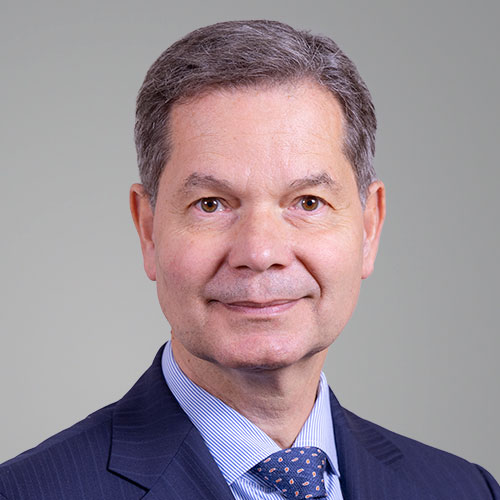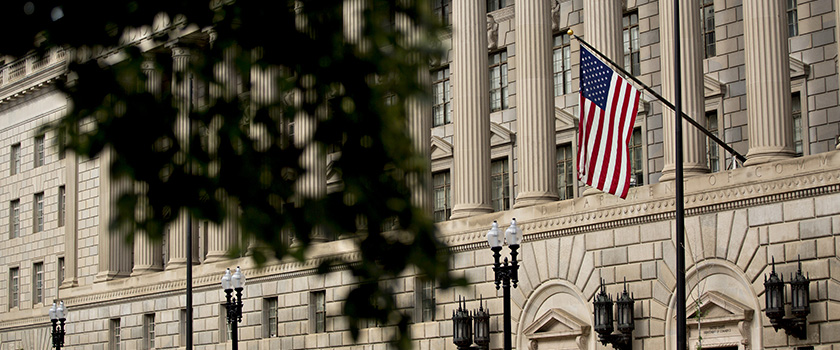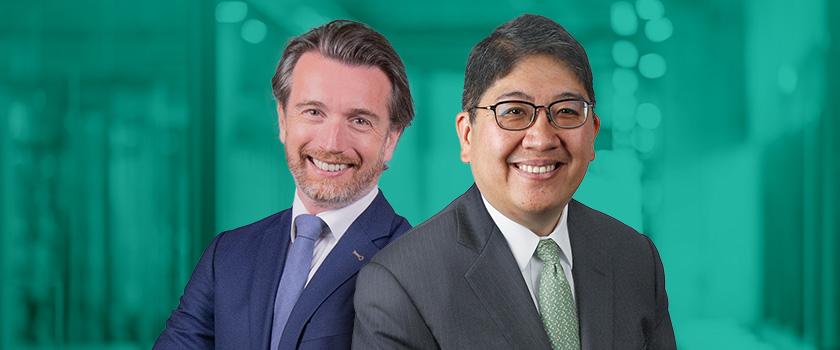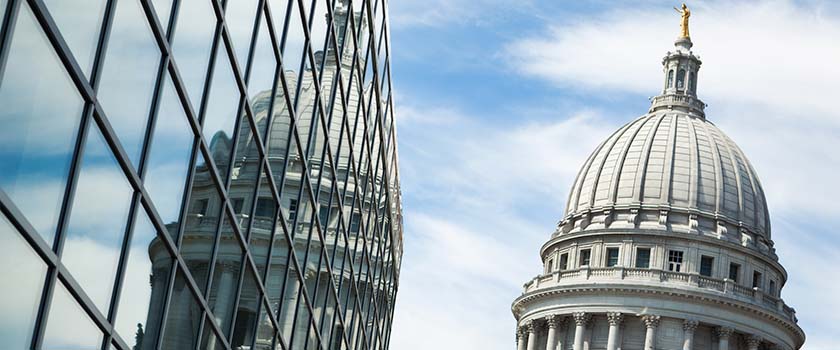Patrice Gautry does not expect to change eras in the beginning of 2023. All the major themes that have marked 2022 will remain relevant: inflation, the risk of recession and the tightening of monetary policies. But he does see developments emerging, “structural” developments that are likely to tip us into a new economic cycle.
“Unfortunately, in this first quarter, we will still have a lot of elements that are quite similar in terms of constraints and risks to those that prevailed in the last quarter of 2022. Like the risk related to the supply of gas and electricity in Europe or the rise in interest rates, even if modulated. But I hope that gradually we will enter a different cycle. What bothers me today is the impression given that if we manage to get inflation back down and the central banks take a break from monetary tightening, the cycle will start again. This is not true. The cycle that started in 2016, which had an exceptional period with covid, is over. We are changing periods for structural reasons.”
Vectors of change
Firstly, consumers are no longer as protected as they were during the two years of covid. They will be subject to price increases and possible rationing in the first quarter. “So the consumer will probably not be there.”
Neither will world trade. For Gautry, against the backdrop of the economic cold war between the United States and China, world trade will no longer be an extension or accelerator of global growth as it was from 2000 to 2019.
“We are moving towards dynamic regional trade, such as intra-Asian trade. With uneven growth between regional centres of gravity as a result.”
If this does not result in a collapse of the economy like in 2008 or 2020. Gautry believes that we will probably encounter “difficult periods” linked to contractions in consumption and investment.
The third structural reason he puts forward is the evolution of real rates “which, if we look at the expectations of inflation rates in the medium term, are becoming positive again. This is a major difference from the monetary cycle that has been underway since 2016.” He believes that monetary policies will remain restrictive for a long time to come. The current phase of rising rates will be followed by “a long period of pause” and the beginning of the reduction of central banks’ balance sheets. “They will naturally no longer be buying corporate or sovereign bonds.”
“These are the elements that seem to me to be the most important, which are factors of change of pace and which lead me to think that we are going to enter, I hope, a new cycle. This would be the best scenario if it allowed us to start again on a healthier basis. Even with important constraints like positive real interest rates, orthodox monetary and fiscal policies.”
Having said that, UBP believes that asset allocation will have to be “very balanced.”
The right time to reconstitute a bond portfolio
Gautry explains that the bank remains in equities, believing that current valuations “are certainly a little too high for the phase of the cycle we are in.”
He especially wonders about the effects of the emerging economic slowdown on earnings growth. “The whole question is whether there will still be earnings growth next year. Given the scenario developed, we are rather in a phase of earnings contraction,” he replies. In the first quarter, he expects “fairly significant revisions to the earnings outlook for 2023.” Downward revisions that could reach 5%, and even 10% in certain sectors and regions.
These projections lead him to be cautious, especially on the equity markets, and to turn to the bond sector where, following the increases in the key rates of the central banks, “nominal rates are becoming much more attractive.” “This is a good time to build up bond pockets that offer very attractive returns. We can even explore the high yield segment, which offers a risk premium and an interesting return, or credit carry strategies. Today, at current levels, there is more value in putting a euro on high yield than on equities.”









